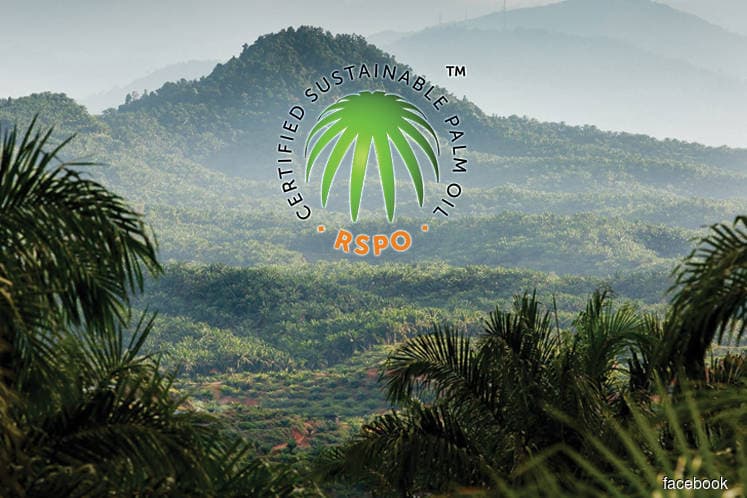
BANGKOK (Nov 5): The Roundtable on Sustainable Palm Oil (RSPO) is proposing a new independent smallholders standard to help smallholders become RSPO certified.
The new standard is tailor-made to the needs and processes of smallholder palm oil producers, said RSPO chief executive officer Datuk Darrel Webber.
“It [the standard] is trying to place cost-effective tools to smallholders to get certified in a more cost-efficient manner,” he told reporters at RSPO’s 17th annual round table meeting here today.
The proposal will be put forward to RSPO’s 16th general assembly here tomorrow, he added.
Webber said the new certification will take a jurisdictional approach.
“Instead of certifying management unit by management unit, we want to certify a whole jurisdiction. We have several pilot sites around the world, in Indonesia, Malaysia and Ecuador,” he said.
Webber emphasised that the basic notion underlying this new approach is bringing in governments to help resolve systemic issues surrounding smallholders and the sustainability of their products.
RSPO, he said, has to work with both the national and local government on issues such as the legality of land ownership, which is a key step to securing RSPO certification.
Meanwhile, RSPO Co-Chair and United Plantations Bhd chief executive director Datuk Carl Bek-Nielsen said smallholders should start looking at the benefits of being an RSPO-certified entity.
“There is an equal amount of good agricultural practices stitched into the fabric of the RSPO. If you are a smallholder and you join the RSPO and fulfil the criteria, I can guarantee you that you can increase your yields by a minimum of 30%,” Bek-Nielsen said.
He added losses which would also come down as waste, is now being monitored. However, the effects of adopting RSPO standards will not be felt immediately, as it will take between a year and 18 months to materialise.
In an earlier media engagement session, RSPO Head of Smallholder Programmes, Ashwin Selvaraj, said many smallholders combine to form groups or collectives, and sizes of such organisations vary — as in Southeast Asia, one group can number between 200 and 500 smallholders.
For many smallholders, he added, it does not make economic sense to be certified individually, as the costs of certification are present. As such, many smallholders tend to come together in groups.
Ashwin explained that the new certification programme will last three years.
“The first step is creating the awareness, we call it the eligibility phase. They then get two years to get trained, where they move to Milestone A, and that is the interim phase of compliance, and they get one more year to achieve full compliance of the standard,” Ashwin said.
This training will include financial planning and business planning.
He added that the funding for the market under the new proposed smallholder standard, will come from the RSPO Smallholder Support Fund.